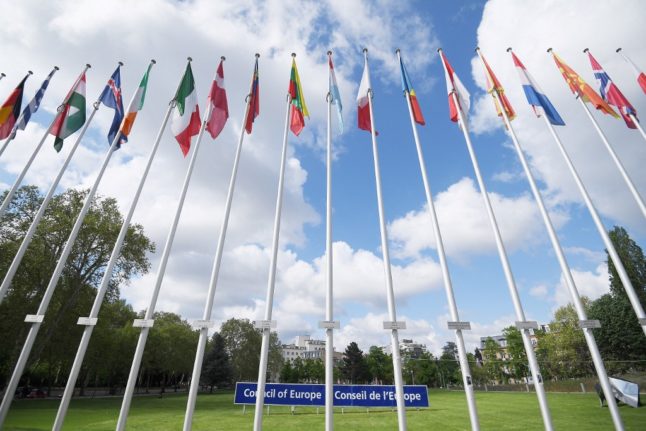Looking for work in Switzerland while you are abroad is not a problem. All you have to do is look at online listings and find a job that suits you.
The hardest part is actually getting hired.
Your passport is the decisive factor in whether an employer offers you a job.
If you are a citizen of the European Union or EFTA states (Norway, Iceland, and Liechtenstein), finding a job here is easier than if you are from another country (known in Switzerland as a ‘third nation’).
Workers from EU / EFTA can work in Switzerland freely for up to three months, but they have to announce their arrival to cantonal authorities in their place of employment.
If you intend to work in Switzerland for more than three months, you have to register with the local authorities and apply for a residence permit, which you can also use as a work permit.
But to receive a residence permit, you need written confirmation of employment.
The same rules apply to cross-border workers, except that they are required to return to their countries of residence at least once a week.
“No border-zone regulations apply to EU/EFTA nationals”, according to the State Secretariat for Migration (SEM).
“They are free to take up residence in any one of the EU or EFTA states and work in all parts of Switzerland”, SEM added.
READ MORE: Jobs in Switzerland: Foreigners ‘less likely to be hired than Swiss nationals’
What about people from third nations?
This is where things get more complicated.
If you are a citizen of non-EU / EFLA state, you must meet strict employment conditions before being offered a job.
Each year, the Federal Council issues a certain number of work permits for non-EU citizens. In 2021 (as in the previous year) this figure is 8,500. From this quota, 4,500 people will be granted a residence permit B, and the remaining 4,000 will receive a short-term residence permit L, entitling them to work in Switzerland for up to one year.
And British citizens, who are no longer part of the EU?
From January 1st, 2021, people from Great Britain are subjected to the same rules as other citizens of third nations.
However, the Federal Council decided that Swiss companies could continue to recruit specialised employees from the United Kingdom, setting a separate quota for British workers.
In 2021, 3,500 work authorisations are reserved especially for UK nationals — 2,100 B permits and 1,400 L permits. That’s in addition to 4,500 non-EU permits.
If you come from outside the EU / EFTA and see a job listing you like, you can apply in the usual manner — send your CV and other documents required by the company.
READ MORE: ‘Unprecedented crisis’: New figures show stark impact of pandemic on all Swiss job sectors
But you will be considered for a job only if you are a highly qualified specialist in your field or another skilled professional. This means you should have a degree from a university or an institution of higher education, as well as a number of years of professional work experience.
In addition, the job you are seeking can’t be filled by a Swiss national or people from EU / EFTA states, which the employer has to prove before offering you a job.
If you do get hired because you fulfil all these criteria, your employer will apply for a work permit. Cantonal authorities will then decide, based on the quota system mentioned above, whether to grant the authorisation.



 Please whitelist us to continue reading.
Please whitelist us to continue reading.
Member comments